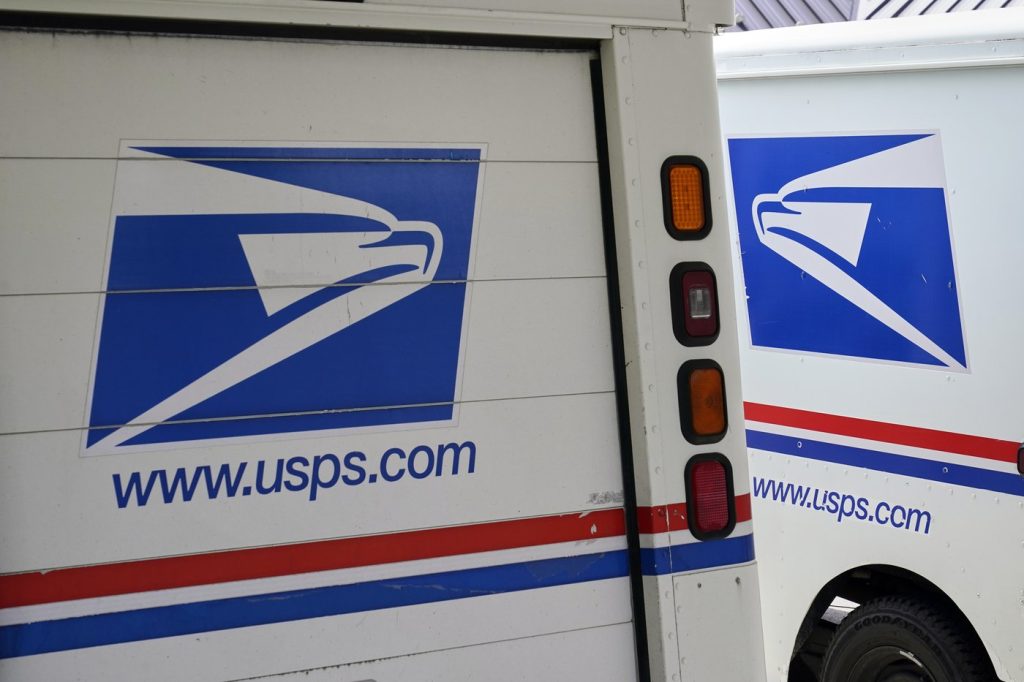The Universal Postal Union (UPU) reported a staggering decline of over 80% in postal traffic into the United States following the implementation of new customs rules by the Trump administration. These rules effectively eliminated the "de minimis exemption," which previously allowed low-cost imports valued at $800 or less to bypass customs duties. This significant policy change took effect on August 29, 2025, causing a wide-ranging impact on global postal services.
According to the UPU, 88 postal operators worldwide have suspended some or all of their services to the U.S. until a compliant framework for handling parcels valued at or below $800 has been established. The organization's analysis indicates that there was an 81% drop in incoming postal traffic on the very day the new regulations were enacted compared to the previous week. The UPU emphasized that postal traffic from its 192 member countries, representing nearly all nations globally, has come to a near-complete standstill.
The operational disruptions stem from significant challenges faced by transportation carriers and foreign postal operators. Many carriers have indicated their inability to collect customs duties, while others have not yet formed partnerships with U.S. Customs and Border Protection (CBP)-approved companies, which are now responsible for the collection and remittance of these duties. As a result, the rush to comply with new regulations has led to confusion and operational halts in service delivery to the U.S.
In a proactive measure, the UPU communicated its concerns to U.S. Secretary of State Marco Rubio before the regulations took effect, highlighting the potential negative repercussions for international postal services. The de minimis exemption, which has been in place in various forms since 1938, was characterized by the Trump administration as a loophole exploited by foreign businesses to evade tariffs. The administration cited that the exemption allowed for the influx of illicit substances into the U.S.
Now, shipments that used to enter the U.S. without undergoing customs scrutiny are subject to vetting and applicable tariff rates determined by their country of origin, which can range from 10% to 50%. However, the new rules include provisions that allow U.S. residents to receive gifts valued up to $100 and personal souvenirs from international trips valued up to $200 without incurring duties.
The UPU expressed frustration over the lack of adequate time and guidance given to its members to adjust to the revised procedures outlined in the executive order signed by President Donald Trump on July 30, which dismantled the duty-free eligibility for low-value goods. This development has prompted concerns about the sustainability of postal services and the broader implications for international trade and commerce.
As postal operators and carriers grapple with the new regulations, the UPU's call for a swift resolution highlights the urgent need for collaborative solutions to reinstate reliable postal services to the U.S. The global landscape of postal communications has been profoundly affected, necessitating careful adjustments and strategic planning to restore functionality and compliance within the new regulations.











